
Which Is Better for Your Heart: Avocado Oil or Olive Oil? Experts Reveal the Truth

For centuries, olive oil has been more than just a pantry staple—it’s been a symbol of vitality and healthy living, especially in Mediterranean cultures. Used in everything from cooking to skincare, olive oil has stood the test of time as both a culinary and wellness essential. But over the past few years, another nutrient-rich green oil has entered the scene and rapidly gained popularity: avocado oil.
Smooth in texture and subtle in flavor, avocado oil brings a versatile profile to the kitchen. Nutritionists and chefs alike are praising it—not only for its high smoke point but also for its heart-healthy fats and antioxidants. But how does it compare to olive oil, especially when it comes to cardiovascular health?
Though both oils boast benefits for heart function and general wellness, they aren’t quite interchangeable. Their nutritional makeups, flavor profiles, and best uses in the kitchen differ—and that means they each shine in different scenarios. To help you understand which one might be better for your heart, we’ve gathered insights from cardiologists and nutrition scientists who’ve been analyzing the evidence.
How Are These Oils Made?
Olive Oil
Olive oil is derived by pressing whole olives, ideally using cold-press techniques that involve minimal heat and preserve more antioxidants. The highest quality variety, extra virgin olive oil (EVOO), is produced from the first cold pressing and retains the most flavor, aroma, and nutrients. It’s also the most studied in terms of health benefits.
Avocado Oil
Avocado oil is made by pressing the fleshy pulp of ripe avocados. Like olives, avocados are technically fruits, and their oil is naturally rich in plant compounds such as phytosterols and carotenoids. The production of avocado oil has surged in recent years, partly because avocados are abundant and their oil can be extracted without sacrificing nutritional value or flavor.
Why Avocado Oil Deserves a Spot in Your Kitchen
Once considered a niche product for health-conscious eaters, avocado oil has moved into the mainstream. Its neutral flavor means it doesn’t overpower dishes, and its exceptionally high smoke point (around 480°F or 250°C) makes it a reliable choice for high-heat cooking methods like stir-frying, roasting, grilling, and searing.
Here’s what makes it a heart-healthy option:
1. Supports Balanced Cholesterol Levels
Avocado oil is packed with monounsaturated fats (MUFAs)—the same healthy fats found in nuts, seeds, and olive oil. These fats help lower LDL (“bad”) cholesterol and raise HDL (“good”) cholesterol, which supports overall cardiovascular health.
In one small but notable study, people who swapped out butter for avocado oil experienced a drop in both LDL and total cholesterol. While these early results are promising, experts emphasize that larger, long-term clinical trials are still needed to confirm the full extent of these benefits.
2. Rich in Antioxidants That Protect Your Heart
Avocado oil contains tocopherols (vitamin E), phytosterols, and carotenoids like lutein—all of which help fight oxidative stress. This process, which involves free radicals damaging cells, contributes to inflammation and long-term heart disease.
Because avocado oil holds up well under high heat without breaking down, it’s less likely to produce harmful compounds compared to many refined oils. This gives it a key advantage in cooking scenarios that require sustained, high temperatures.
3. May Assist in Regulating Blood Pressure
Animal studies and preliminary human research suggest that compounds in avocado oil have a mild blood pressure-lowering effect. These effects are likely due to its anti-inflammatory and vasodilating properties, which help relax blood vessels and improve circulation. Though more robust studies are needed, early findings are encouraging—especially when avocado oil is combined with an overall heart-healthy diet.
Why Olive Oil Remains the Gold Standard
While avocado oil may be the trendy new favorite, olive oil remains the undisputed classic—with thousands of years of use and a deep body of scientific evidence supporting its benefits. In ancient civilizations, olive oil wasn’t just food; it was medicine, skincare, and even currency.
Here’s why it continues to earn its place in modern kitchens and medical recommendations:
1. Packed with Powerful Polyphenols
Extra virgin olive oil is rich in polyphenols, a group of plant-based antioxidants that include phenolic acids, lignans, flavones, and secoiridoids. These compounds help reduce inflammation, protect blood vessels, and may even help prevent the oxidation of LDL cholesterol—a key step in the development of atherosclerosis (hardening of the arteries).
People who consume olive oil regularly—especially as part of the Mediterranean diet—often have lower levels of systemic inflammation, which is closely linked to a reduced risk of heart disease.
2. Well-Proven Cholesterol Benefits
Unlike avocado oil, which is still building its scientific track record, olive oil has been studied for decades. Numerous large-scale trials have shown that regular consumption of olive oil leads to lower LDL, higher HDL, and reduced triglyceride levels, especially when it replaces saturated fats like butter or margarine.
3. May Help Lower Blood Pressure Naturally
Olive oil’s unique combination of oleic acid and antioxidants contributes to its blood pressure-lowering effects. Human studies have demonstrated modest but meaningful reductions in blood pressure—especially among people with hypertension or those following a Mediterranean-style eating pattern.
Nutritional Comparison: Olive Oil vs. Avocado Oil
| Nutrient (per tablespoon) | Avocado Oil | Olive Oil |
|---|---|---|
| Calories | ~120 | ~119 |
| Monounsaturated Fat | ~10 g | ~10 g |
| Polyunsaturated Fat | ~2 g | ~1.5 g |
| Saturated Fat | ~1.5 g | ~2 g |
| Smoke Point | ~480°F | ~375–410°F |
| Flavor | Mild, neutral | Rich, fruity |
| Best Uses | High-heat cooking, frying, baking | Dressings, low to medium-heat cooking, drizzling |
Both oils are energy-dense, so portion control is key—especially for those managing their weight or calorie intake. But when used wisely, either oil can play a valuable role in a balanced, heart-conscious diet.
How to Pick the Right Oil for Every Meal
-
Choose Olive Oil for salad dressings, dips, drizzling over grilled vegetables, or sautéing at low to moderate heat. To get the most benefit, opt for extra virgin olive oil, cold-pressed and unrefined.
-
Use Avocado Oil when roasting, grilling, frying, or baking—especially if you need an oil that won’t alter the flavor of your dish. Its high smoke point ensures safety and performance at higher temperatures.
Expert Take: What Cardiologists Recommend
Many cardiologists still give olive oil the upper hand when it comes to heart health—mainly because of its long history of use and the extensive scientific evidence backing it. In countries where olive oil is a dietary cornerstone, rates of heart disease are often lower, even when other factors (like meat consumption or smoking) are less ideal.
However, this doesn’t mean avocado oil isn’t valuable. Its neutral taste, versatility, and ability to withstand high heat make it an excellent complementary oil, especially in modern kitchens that rely on diverse cooking techniques.
In fact, many health professionals recommend keeping both oils in your pantry and using each where it performs best—allowing you to enjoy the full range of their unique benefits.
Final Thoughts
Think of olive oil and avocado oil as two complementary tools in your heart-health toolkit. Olive oil is the tried-and-true classic, overflowing with antioxidants and backed by centuries of use and robust scientific validation. Avocado oil is the contemporary favorite—ideal for high-heat cooking and offering its own blend of healthy fats and protective nutrients.
If possible, stock both in your kitchen. That way, whether you’re whipping up a fresh salad, searing a steak, or baking a batch of muffins, you’ll be ready—with the best oil for the job and for your heart.
News in the same category


When Your Child Shuts You Out: How to Reconnect Without Losing Yourself
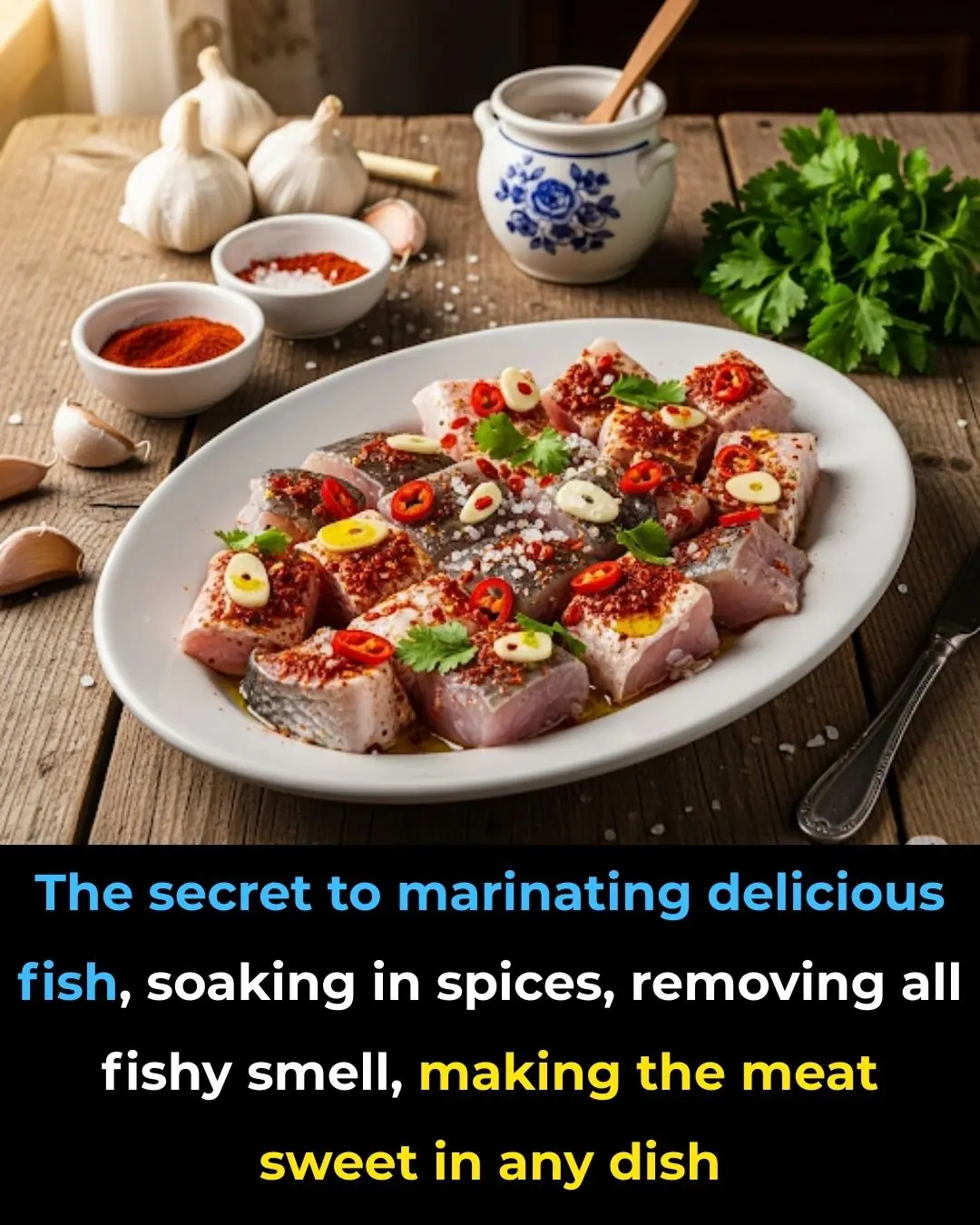
How to Marinate Fish for Maximum Flavor and Tenderness

Psychologists Say These 14 Behaviors Often Reveal a Toxic Personality
Calcium Deposition Can Increase Osteoarthritis Risk

IBD Linked to Higher Risk for Interstitial Lung Disease

12 weird symptoms that mean you’re dangerously low on potassium
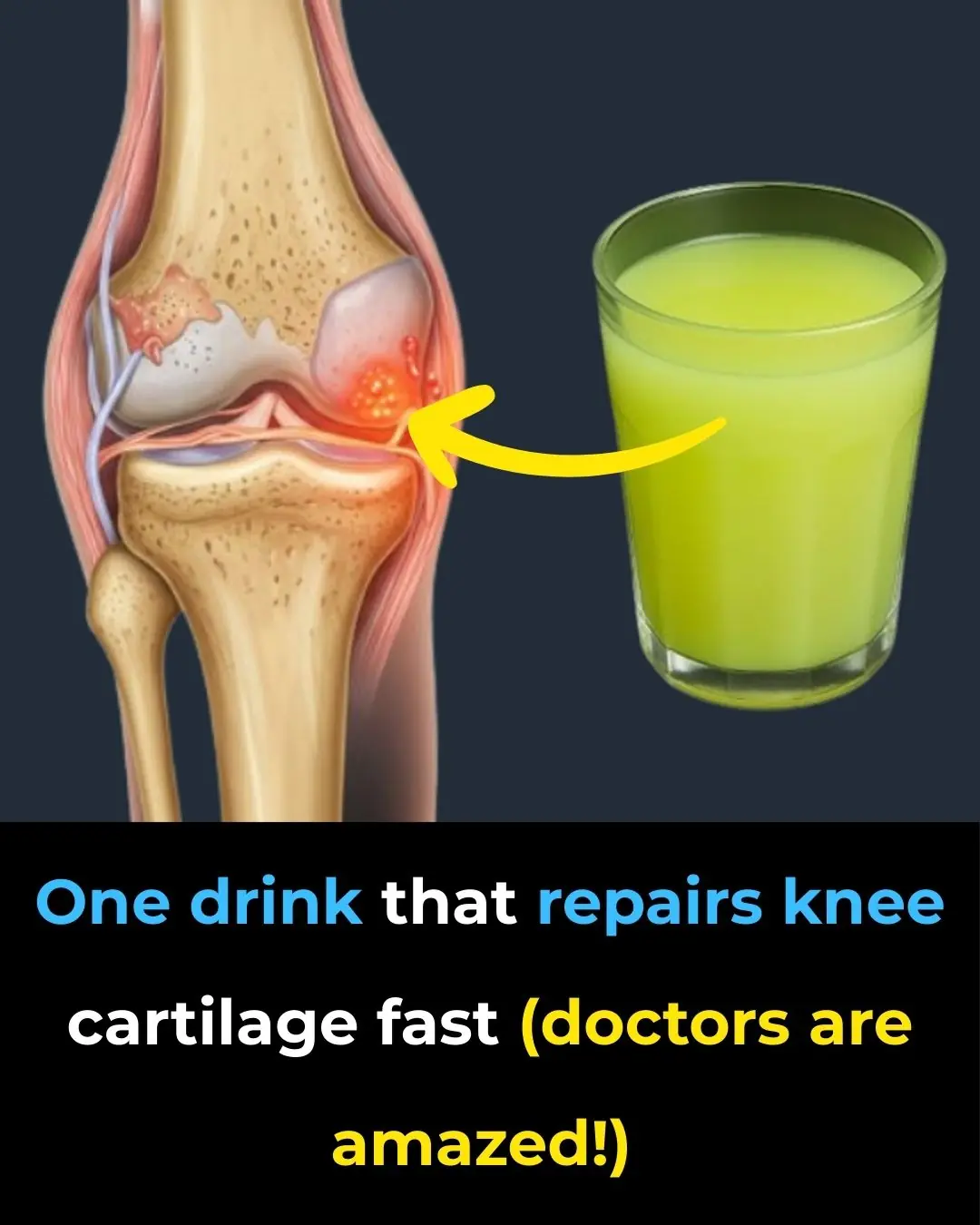
One drink that repairs knee cartilage fast (doctors are amazed!)

How Often to Clean Your Shower Curtain — and These 6 Other Bathroom Items

8 Doctor-Approved Ways to Get Rid of Hyperpigmentation
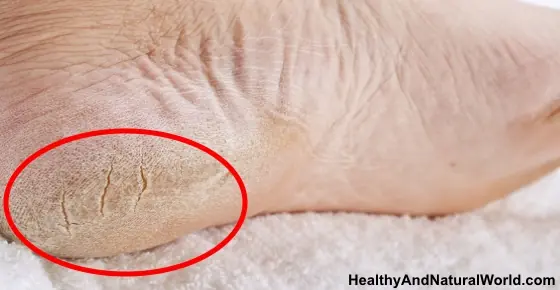
How to Get Rid of Dead Dry Skin on Feet

Plantain (Plantago major): Why It’s an Herb and Not a Weed, Uses, Benefits and More

Clove Anti-Wrinkle Gel: Better Than Botox

3 Selfish Habits of Husbands That Increase Their Wives’ Risk of Cervical Cancer – Stop Them Now Before They Harm the Whole Family
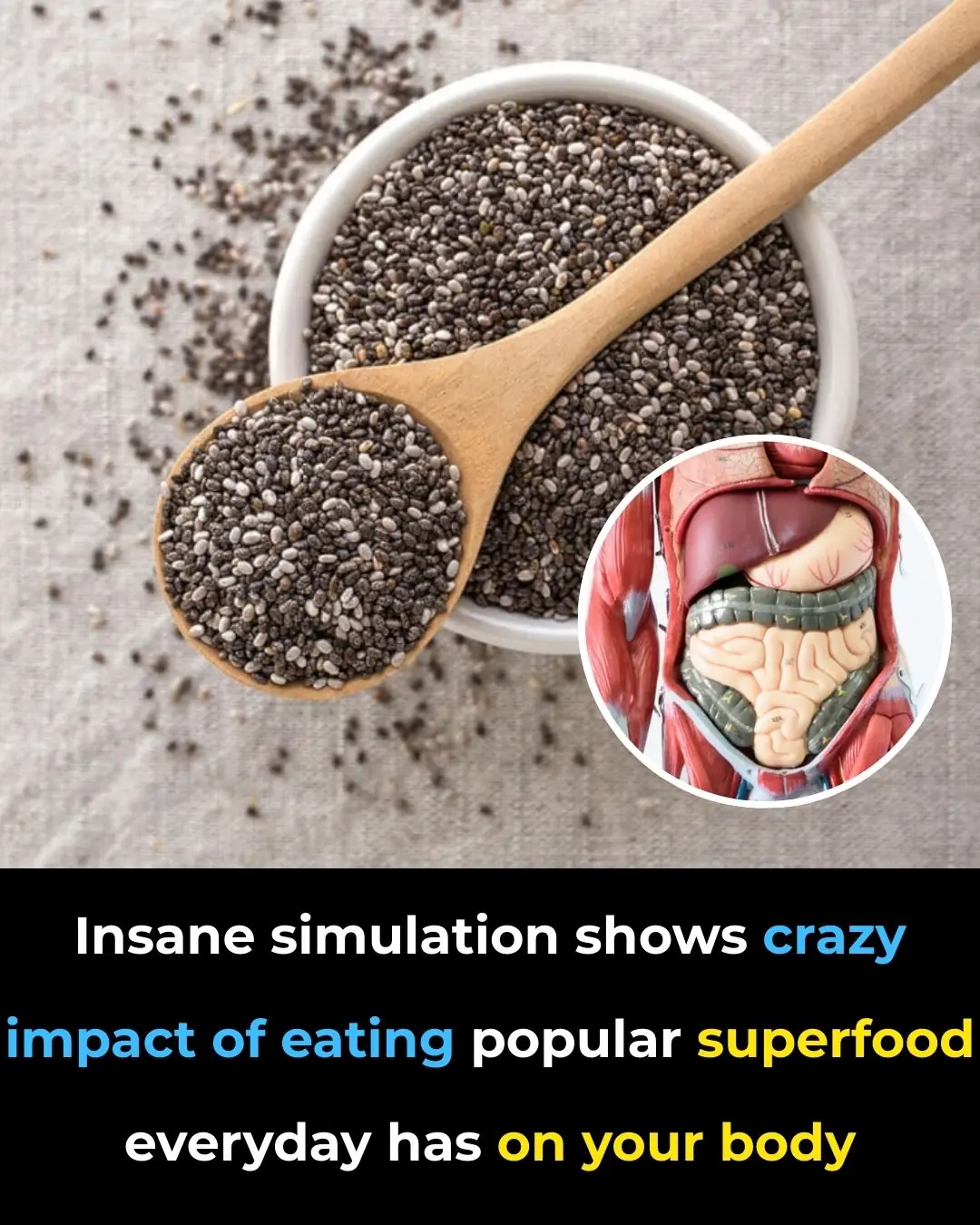
Insane simulation shows crazy impact of eating popular superfood everyday has on your body
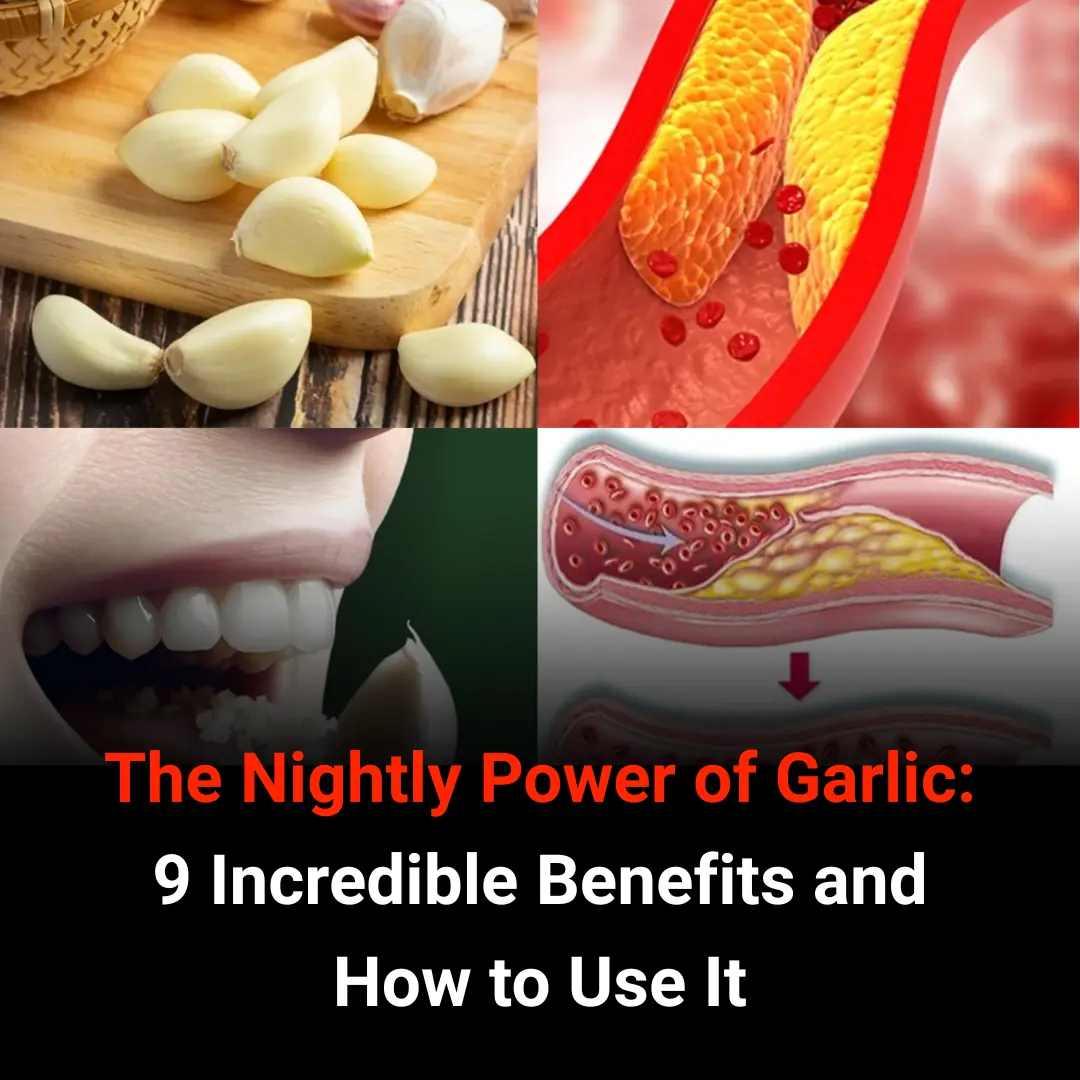
The Nightly Power of Garlic: 9 Incredible Benefits and How to Use It
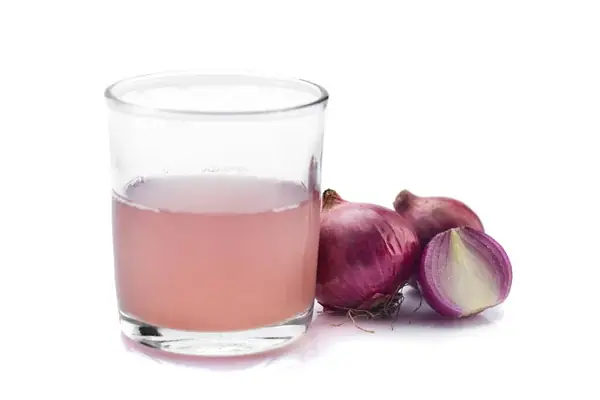
An Onion Drink for Eye Health: A Holistic Approach

A Pill to Regrow Your Teeth? The Future of Dentistry is Here

6 Health Benefits of Eating One Cup of Pineapple Every Day
News Post

Iconic internet feature set to be permanently shut down after 34 years

Are You Feeling These Symptoms? Here’s WHY It Could Mean Your Body Is FULL of Toxins!
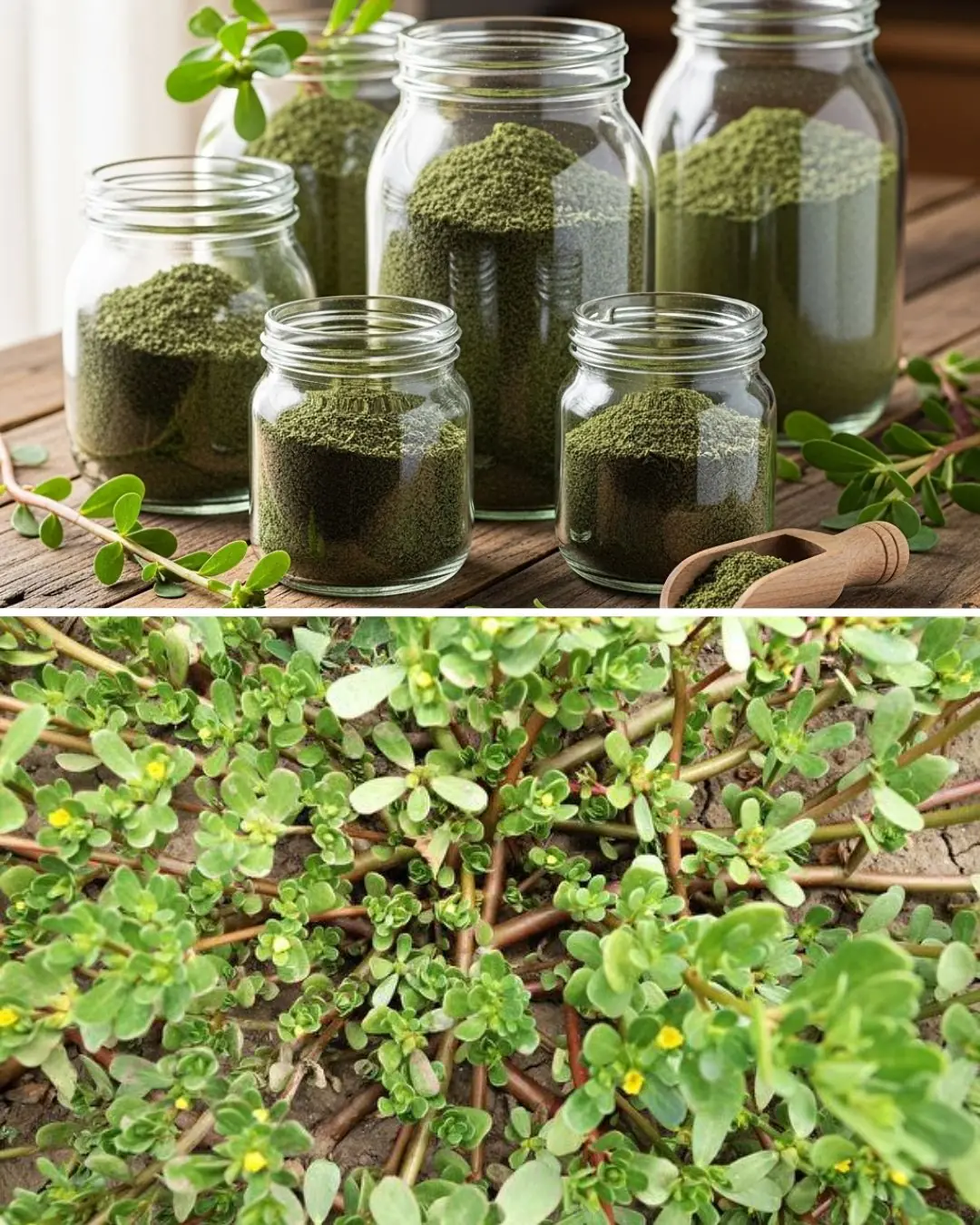
30+ Enriched Reasons to Embrace Purslane (Portulaca oleracea)

12 Enhanced Benefits of Bull Thistle Root & How to Use It Naturally

Chromolaena Odorata: 15 Reasons to Explore Its Potential Benefits and Risks
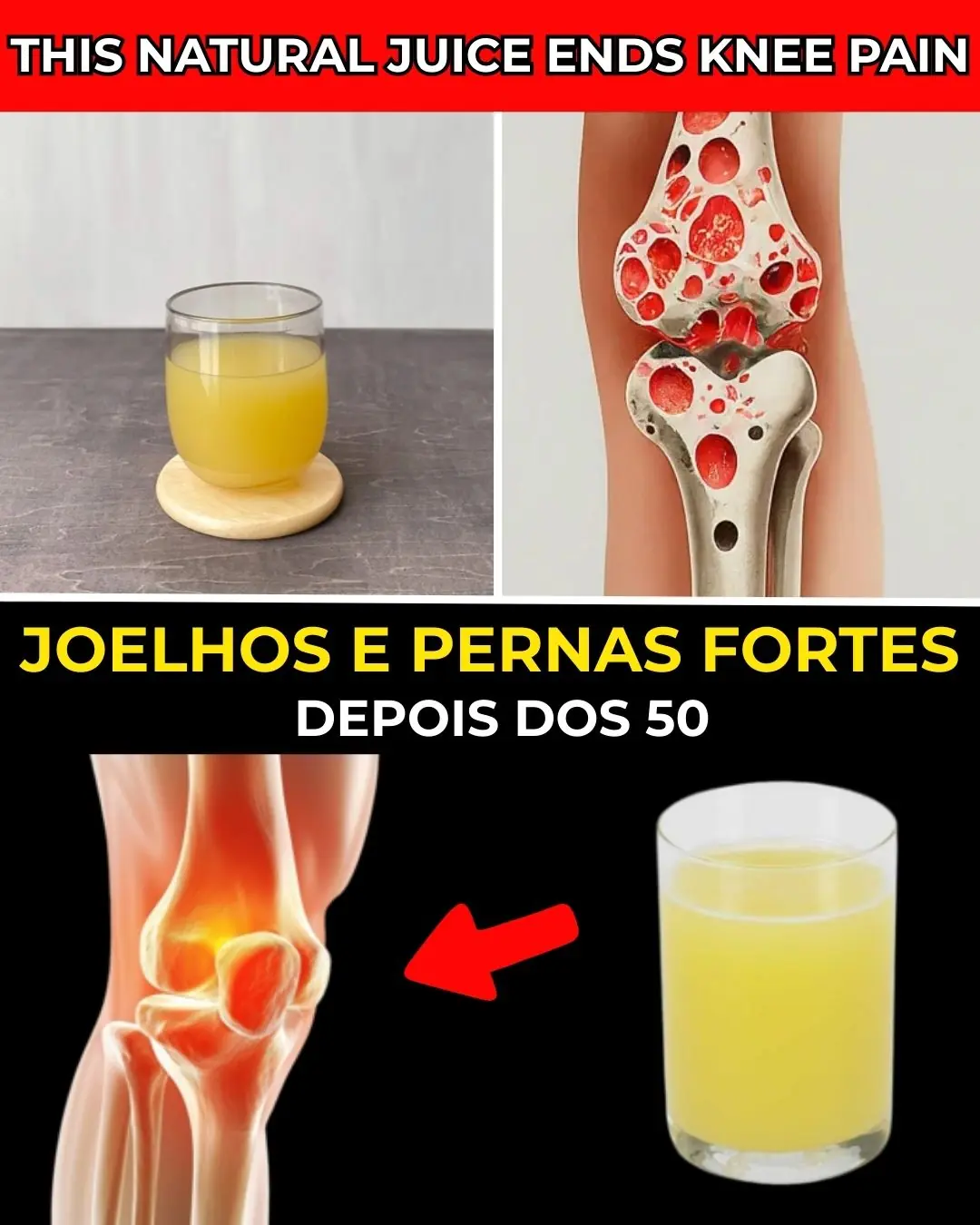
Natural Juice Blends to Support Joint and Bone Health After Age 50 (Enhanced with Extra Benefits)
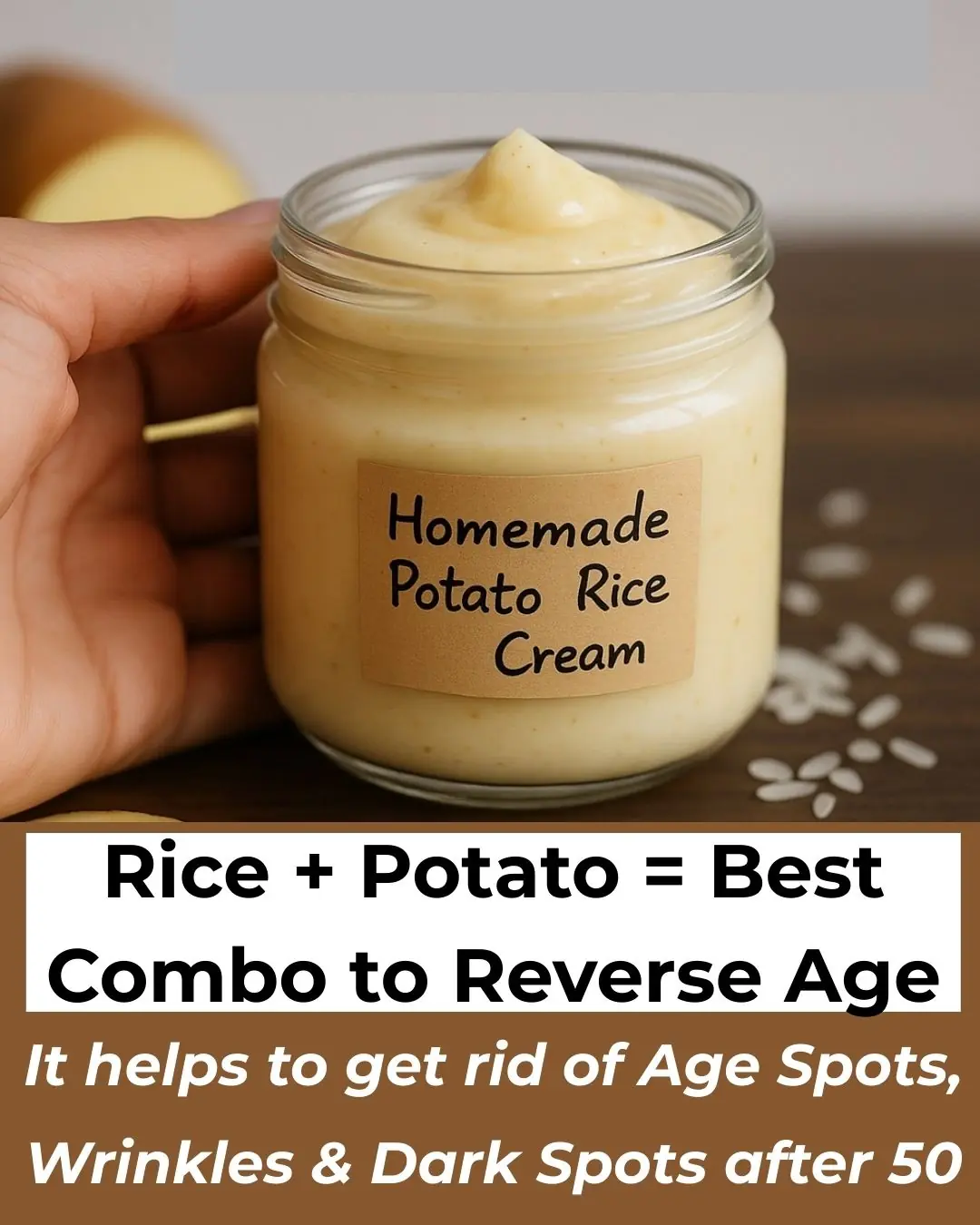
10 Nourishing Homemade Potato Face Packs (Enhanced with Extra Benefits)
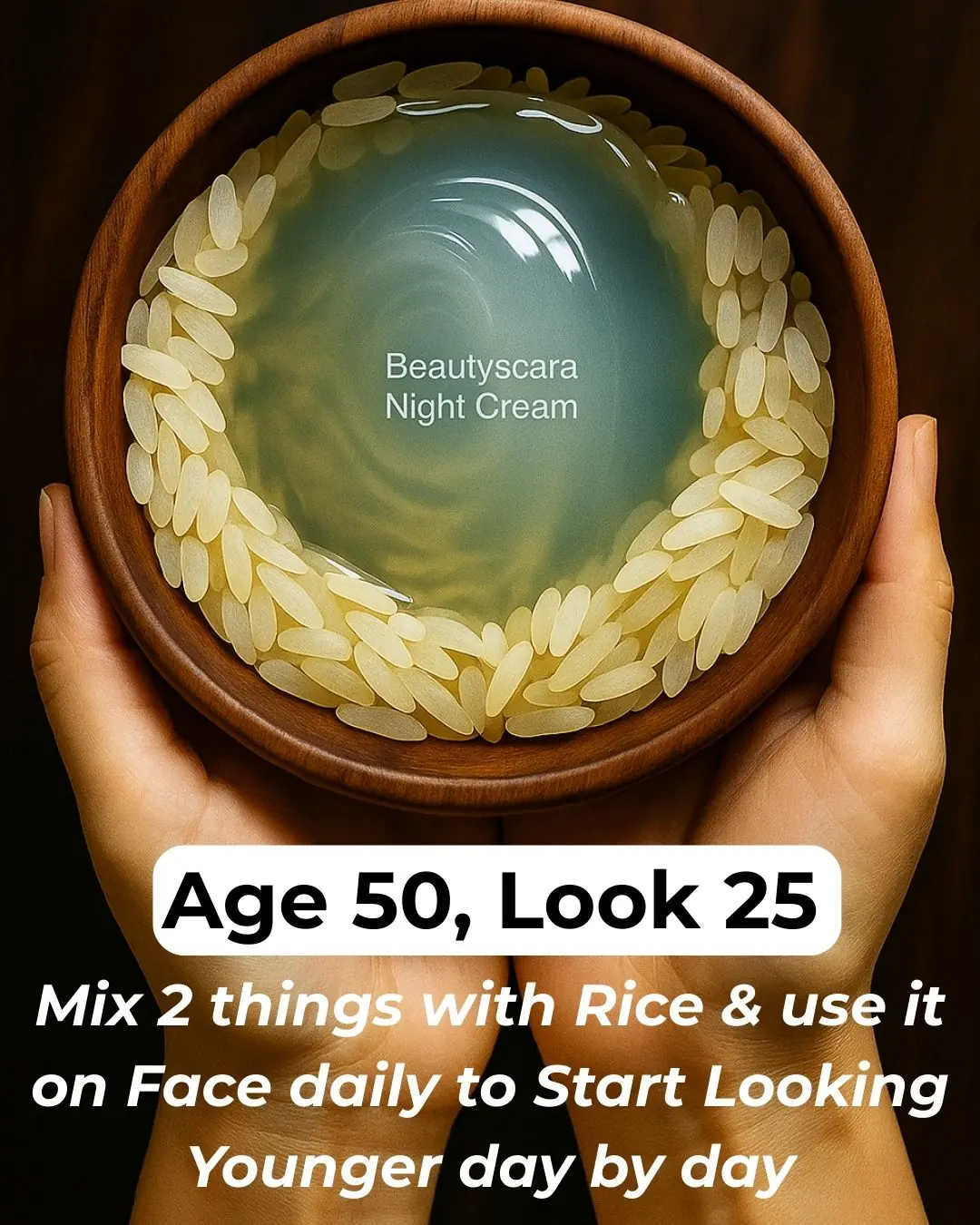
Homemade Rice & Flaxseed Night Cream for Radiant, Youthful Skin

When Your Child Shuts You Out: How to Reconnect Without Losing Yourself

How to Marinate Fish for Maximum Flavor and Tenderness

The gap between a woman’s legs can reveal that she is…

Psychologists Say These 14 Behaviors Often Reveal a Toxic Personality
Calcium Deposition Can Increase Osteoarthritis Risk

IBD Linked to Higher Risk for Interstitial Lung Disease

12 weird symptoms that mean you’re dangerously low on potassium

One drink that repairs knee cartilage fast (doctors are amazed!)

How Often to Clean Your Shower Curtain — and These 6 Other Bathroom Items

8 Doctor-Approved Ways to Get Rid of Hyperpigmentation
